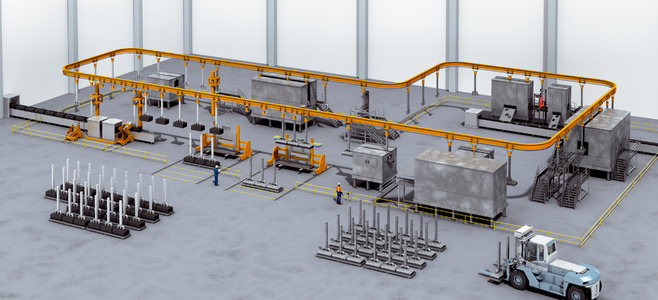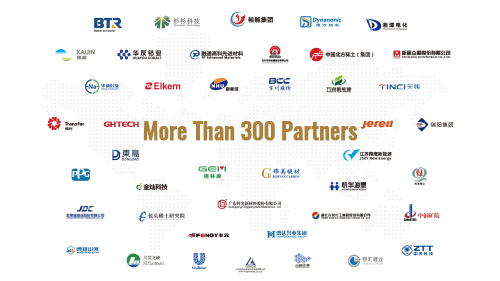what is anode production
 Sep 23, 2023|
Sep 23, 2023| View:838
View:838Anode production plays a vital role in the field of energy storage and has garnered significant attention due to its impact on the development of renewable energy technologies. In order to shed light on this essential process, we delve into the world of anode production and its significance in the energy sector.
An anode is an electrode that conducts electrical current into a non-metallic medium, such as an electrolyte or a vacuum. It is a fundamental component of various electrochemical devices, including batteries, fuel cells, and capacitors. The primary function of an anode is to facilitate the flow of electrons during energy storage and discharge processes.
The production of high-quality anodes involves several intricate steps and requires a deep understanding of material science and manufacturing techniques. While the specific production methods may vary depending on the application and desired characteristics, there are some common approaches employed in anode production.
One widely used method is the fabrication of anodes using carbon-based materials, such as graphite or carbon nanotubes. Graphite anodes, for example, are frequently used in lithium-ion batteries due to their excellent conductivity and stability. These materials undergo a series of processes, including purification, shaping, and thermal treatment, to achieve the desired anode properties.
Another approach involves the use of metal-based anodes, such as those made from alloys or metal oxides. These anodes offer distinct advantages, such as higher energy density and improved cycling stability. The production of metal-based anodes often involves techniques like electrodeposition, vapor deposition, or powder metallurgy.

In recent years, researchers and industry experts have been actively exploring alternative anode materials, such as silicon, lithium, and sodium, to enhance energy storage capabilities. These materials possess higher theoretical capacities, enabling the development of batteries with greater energy density and longer-lasting performance.
Efforts are also underway to optimize anode production processes, focusing on scalability, cost-effectiveness, and environmental sustainability. Researchers are exploring innovative manufacturing techniques, including additive manufacturing (3D printing), nanostructuring, and advanced coating methods, to improve anode performance and streamline production.
The advancements in anode production are of paramount importance as they directly impact the overall efficiency, reliability, and lifespan of energy storage devices. They contribute to the development of more efficient batteries for electric vehicles, grid-scale energy storage systems, and portable electronics, among other applications.
As the global demand for clean and renewable energy continues to rise, the progress in anode production holds the key to unlocking the full potential of sustainable power sources. Scientists, engineers, and industry stakeholders are collaborating to further refine anode production techniques, leading us closer to a greener and more energy-efficient future.
In conclusion, anode production is a critical process that enables the advancement of energy storage technologies. Through ongoing research and innovation, scientists are continuously pushing the boundaries of anode materials and manufacturing techniques, ushering in a new era of sustainable energy solutions.






